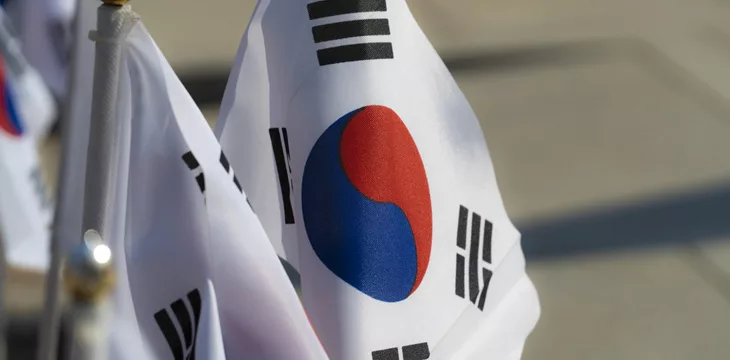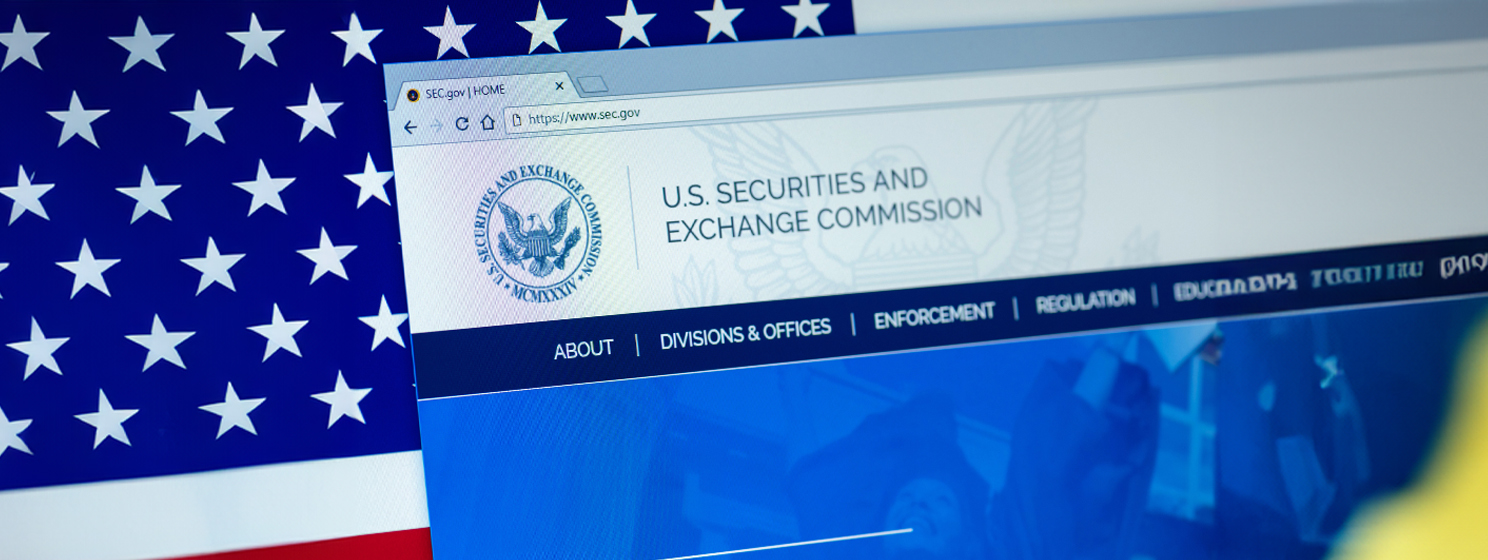
|
Getting your Trinity Audio player ready... |
South Korean financial industry players are pushing on with tokenization efforts, with two of the country’s largest banks making major strides over the past week.
According to a report by local outlet Maekyung, NH Nonghyup Bank received KRW 1 billion ($736,000) from the Korea Internet & Security Agency to advance its tokenization efforts.
Nonghyup has channeled the funding to develop a tokenization platform that it hopes to launch before the end of the year. Clients will be able to tokenize any real-world asset on the bank’s platform, from real estate and stocks to art and intellectual property, according to local reports.
The bank believes that the market is ready for tokenization and that while new regulations are needed, the current frameworks are sufficient to get off the ground.
“The issuance of token securities is a task that banks can perform regardless of the passage of the amendments to the Electronic Securities Act and the Capital Markets Act, so we are preparing quickly,” a bank representative commented.
Nonghyup has been a market leader in tokenization in Korea. It launched the country’s premier token alliance a year ago, which enlisted three of the five largest banks—Bank of Korea, Shinhan Bank, and Woori Bank (NASDAQ: WF). The consortium has nearly two dozen participants, including asset managers and fintech firms.
However, while Woori Bank remains a member of the Nonghyup-led consortium, it recently signed a new deal with fractional investment marketplace Piece to offer security tokens. Local media outlets report that the partnership initially targets shipping finance and SME financing.
Woori has also applied to join a regulatory sandbox to test blockchain-based products. It has also partnered with Samsung Securities—the country’s second-largest brokerage—and SK Securities on tokenization efforts.
Security tokens are expected to surge in the South Korean market, with experts are projecting that the market will hit $26.6 billion this year.
Watch: Driving financial inclusion in PH by banking the unbanked

 11-22-2024
11-22-2024


